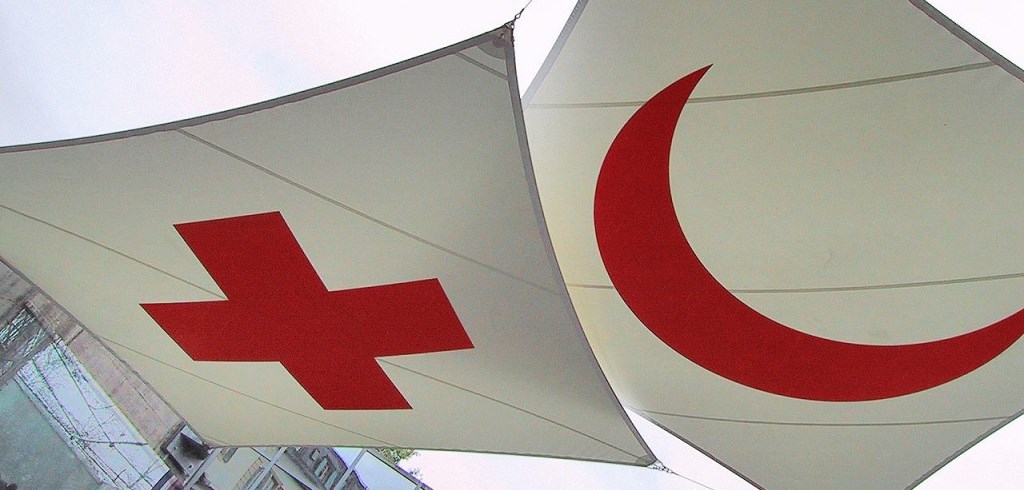Updated
Thinking of the Sahrawi on World Red Cross and Red Crescent Day – Caitlin Dearing Scott
May 8, 2015
As countries through the world celebrate World Red Cross and Red Crescent Day and honor the mission of the organization to prevent and alleviate human suffering, it is important to remember one of the largest and most protracted refugee crises in the world – that of the Sahrawi refugees, who have been living in camps in Algeria for more than 40 years.
In the desert outside of Tindouf, tens of thousands of refugees are warehoused in desperate conditions. With restrictions on their freedom of movement imposed by the Polisario Front and laws limiting their right to work imposed by their Algerian hosts, the refugees are unable to leave the camps and find work. As a result, they are entirely reliant on international humanitarian aid provided by the World Food Program (WFP) and the European Union (EU), among others, and administered by the Sahrawi Red Crescent. They rely on aid for food and non-food items, health care, education, water, sanitation, transportation and other basic services.
Such aid does not adequately support the camp population, which suffers from anemia and malnutrition. Moreover, water resources are insufficient, primary school and heath care centers operate with meager resources and supplies, and there is a dearth of secondary education facilities.
There are several reasons for this beyond the limits in international funds available to support the camps and so-called “donor fatigue” after 40+ years. Most importantly, the Polisario Front and the Algerian government have refused to allow a census in the camps and a registration of the refugees, despite pleas to do so from the United Nations High Commissioner for Refugees (UNHCR) and the Security Council. It’s not clear how many refugees are in the camps, and thus there is not a satisfactory way of guaranteeing adequate aid. Add to this a series of reports by the EU, UNCHR, and WFP on embezzlement of food aid by the Polisario leadership, and the makings of a humanitarian crisis become quite clear. As these groups acknowledge, there are real challenges in on-site monitoring of food aid distribution, resulting in erratic delivery schedules and increased food insecurity.
A clear first step to addressing these challenges is to conduct a census in the camps. Only with an accurate count of the refugees can the international community provide the right amount of support – and help the Sahrawi Red Crescent in fulfilling its humanitarian role in the camps. Additional steps include improved monitoring of aid distribution – something the EU has committed to in light of the recent reports of fraud – and greater efforts by UNHCR to force Algeria to honor its obligations to the refugees under international refugee law, which mandates the right to gainful employment, freedom of movement, and documentation.

